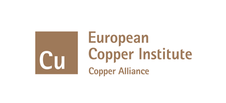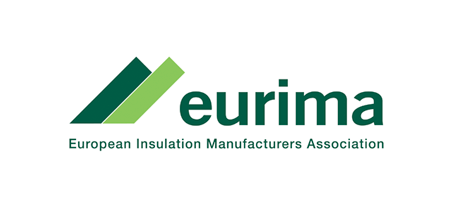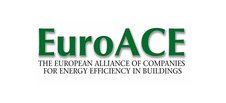Search eceee proceedings
Costs and benefits of energy efficiency obligations: a review of European programmes
Panel: 2. Policy: governance, design, implementation and evaluation challenges
This is a peer-reviewed paper.
Authors:
Jan Rosenow, The Regulatory Assistance Project (RAP), Belgium
Edith Bayer, RAP, Belgium
Abstract
The economics of energy efficiency programmes, including their costs and benefits, have been subject to considerable academic debate lasting well over three decades now. However, robust data on the cost-effectiveness of different types of energy efficiency policy instruments is still scarce. A recent investigation into economic instruments supporting energy efficiency by the International Energy Agency concluded that ‘very few thorough evaluations of economic instruments in energy efficiency policy are available that would facilitate benefit‐cost ratio comparisons’.
In this paper, which is based on work that informed the European Commission's 2016 Impact Assessment of the revised EU Energy Efficiency Directive (EED), we contribute to filling this gap by reviewing the costs and benefits of a specific type of policy instrument that recently gained significant traction in Europe – Energy Efficiency Obligations (EEOs). Following the introduction of the EED in 2012 the number of EEOs in Europe has grown from five schemes to now 16 EEOs in operation or planned across the EU. There is now an emerging body of evidence on the costs and benefits of EEOs covering a wider range of EU countries which offers an opportunity to improve our understanding of the economics of EEOs. In this paper we draw on this new data and provide a) a comparative analysis of the costs and benefits of EEOs in a number of European countries, b) discuss the uncertainties and challenges around calculating the costs of EEOs, and c) provide a categorisation of the multiple benefits often overlooked in cost-benefit-analyses with selected quantified examples.
The content of this paper has a high policy relevance as EEOs are likely to remain a key component of the revised EED and countries outside of the EU such as Bosnia, Mexico and Thailand are currently developing plans for introducing EEOs.
Downloads
Download this paper as pdf: 2-011-17_Rosenow.pdf
Download this presentation as pdf: 2-011-17_Rosenow_presentation.pdf
Panels of
1. Foundations of future energy policy
2. Policy: governance, design, implementation and evaluation challenges
4. Mobility, transport, and smart and sustainable cities
5. Buildings and construction technologies and systems
6. Buildings policies, directives and programmes
7. Appliances, products, lighting and ICT
8. Monitoring and evaluation: building confidence and enhancing practices























